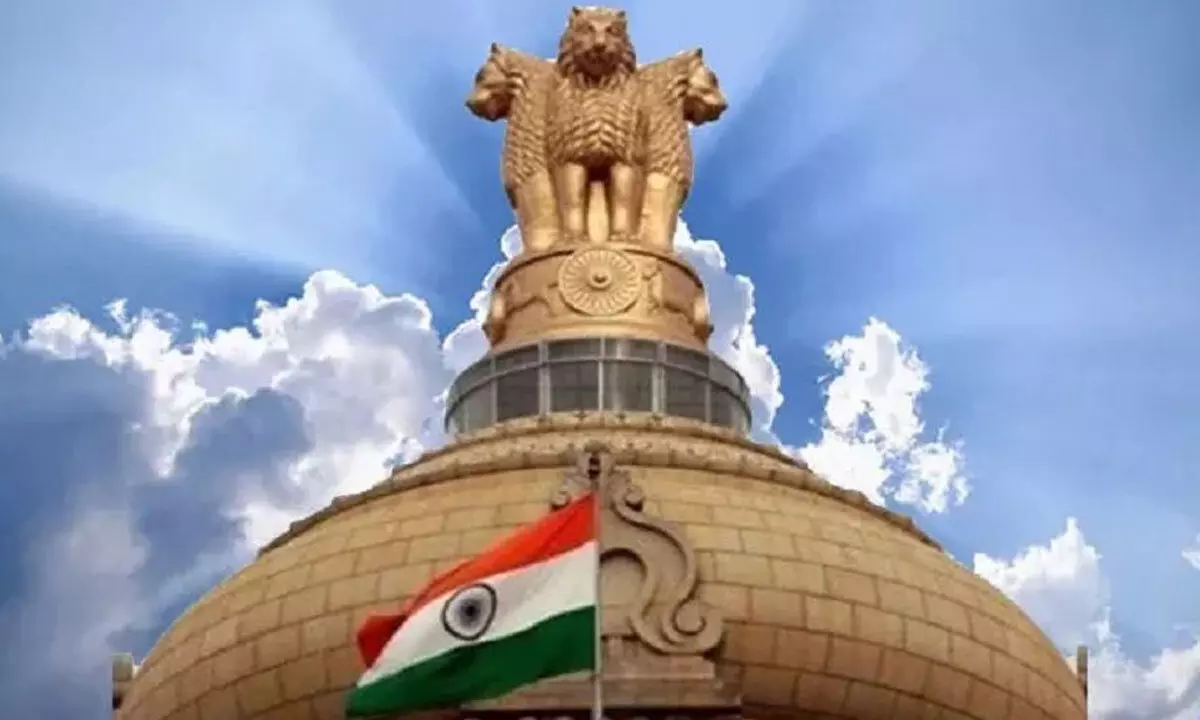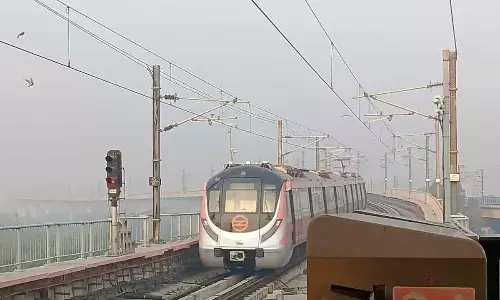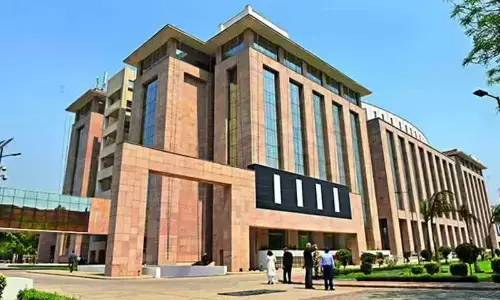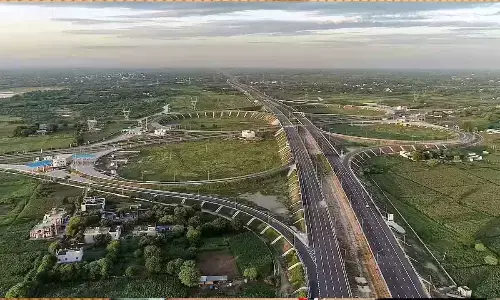Being proactive, imaginative & responsive

Being proactive, imaginative & responsive
Girls making it to the prestigious Civil Services of India represented over one-third of the total of successful candidates this year, putting a stamp on the steady trend of women in this country achieving their goals in a highly competitive environment. For the second year in a row, the top three ranks have gone to women.
Girls making it to the prestigious Civil Services of India represented over one-third of the total of successful candidates this year, putting a stamp on the steady trend of women in this country achieving their goals in a highly competitive environment. For the second year in a row, the top three ranks have gone to women.
In the past, a woman joining the Air Force in 2016 became the first woman fighter pilot to fly solo with MIG21, another one after completing her university education kept up her interest in mountaineering and became the first Indian woman to climb Mt Everest way back in 1984, and in 2018 a woman scientist with specialisation in electronics and communications became the first Director General of DRDO – the apex science research organisation that was once headed by the former President Dr APJ Abdul Kalam. In recent years, the opportunities thrown open for educated women have multiplied manifold as India marched forward towards its socio-economic mission and the exceptional amongst these women reached the top in their chosen professions.
The real base for women’s advancement lay in the spread of education of girls aided by the awareness among the people – particularly those of ordinary means – that it is the success in competitive examinations conducted by the national and state governments that would land boys and girls of the family in an assured career secured on merit and ensure their rise in life.
It is a rare opportunity for young men and women to join the system of governance at the national and state levels that offers a leadership role from the very beginning of service.
In 5-6 years, including the training period, the entrant becomes a Collector or District SP or occupies the position of Under Secretary to the Government of India.
The spirit of public service, dedication to a cause and exercise of wisdom in decision-making is perhaps a shade stronger in Indian women and this lends optimism about believing that more women joining the machinery of governance would do good to the nation. In a country as vast and diverse as India in terms of local traditions, class distinctions and expectations from the government, it is important that there is uniformity of democratic governance across the states and hence the idea credited to Sardar Patel that the adoption of the concept of All India Services would serve independent India well, was strategically sound.
The IAS and the IPS provide administrative leadership to governance and the Centre has appropriately taken the responsibility of recruiting the civil services officers through a national examination conducted by UPSC, training them and then allocating them to states on the principle that the officers would be willing to serve anywhere in the country. They are provided further assimilative training at the state institutions before being assigned field responsibilities in districts.
It is seen that the officers, drawn from among families that had seen difficulties in their day-to-day life, show even greater drive and commitment to serve the common man and it would not be out of place to mention that women in positions of authority often stood out in this regard. This also holds the promise of a better future for India.
The Centre would do well to strengthen the oversight of Department of Personnel and Training on the performance of IAS and IPS officers and make sure that no state government would unfairly jeopardise their careers and initiate punitive action against them out of political motives.
Job opportunities for educated and skilled women need to be enlarged in various fields – if there is reservation it should also be for women from economically weak sections – and not merely in the name of ‘castes’ and ‘socially backward classes.’
In a developing and tradition-bound society, this will accelerate national progress and growth since a self-dependent woman can take care of her children’s future more resolutely.
It is a known fact that men fell for addictions and even criminality far more commonly than the opposite gender and that educated and financially independent women had a greater potential for uplifting society – they certainly are better teachers for children and a better promoter of moral education and humane conduct. But more than anything else, a democratic dispensation must ensure that in terms of education, health and employment, women did not lag men. This is not too difficult to achieve if the administration at all levels was impartial, sensitive and public-service oriented.
The argument about political masters not letting the administrators work is overplayed – all governments regardless of their political complexion want efficient and upright civil servants. The results of the civil services examination happily indicate the general progress made by India on various fronts. The officers – men and women – belonging to various services share a spell of joint training at LBSNAA, Mussoorie, that gives them a lasting mutual acquaintance and lays down a turf for cooperation in their later years when their work might again bring them together.
The civil services must remain aware of the higher cause that they must always serve for the nation as well as for the people. The ‘steel frame’ that they provided for the governance of the country, works for national unity in a manner that was unique, personally fulfilling and singularly productive in regard to the safeguarding of Indian democracy. That men and women are both contributing to this great mission presages a bright future for India.
On the whole, we need to enlarge, strengthen and quality-control the entire exercise of intake for the national civil services to facilitate the progress of democratic India towards the goal of becoming a great world power.
(The writer is a former Director of the Intelligence Bureau. Views expressed are personal)




